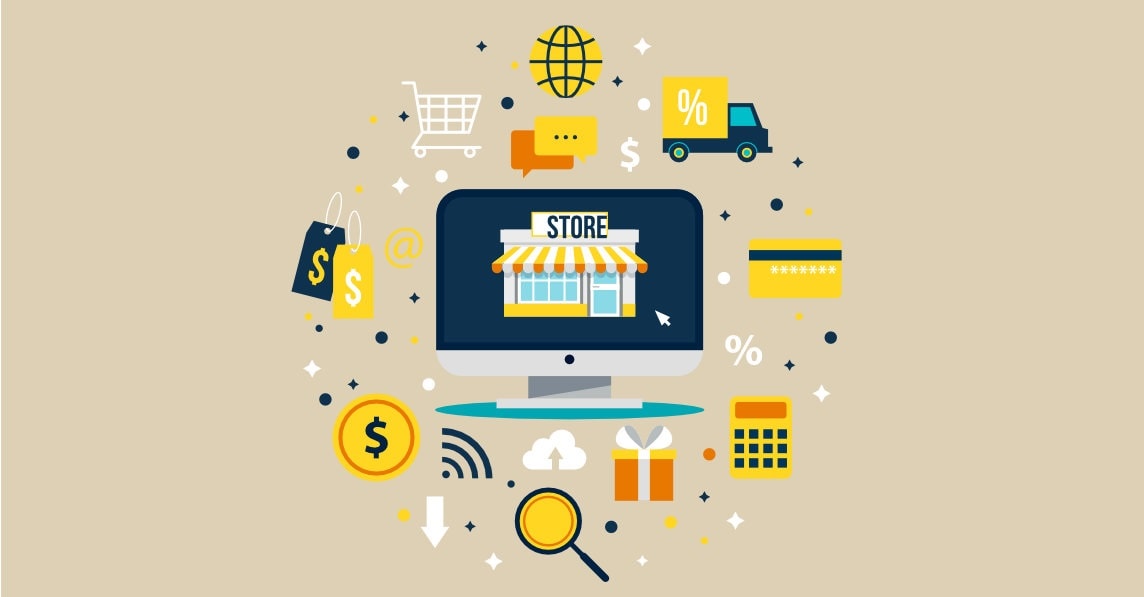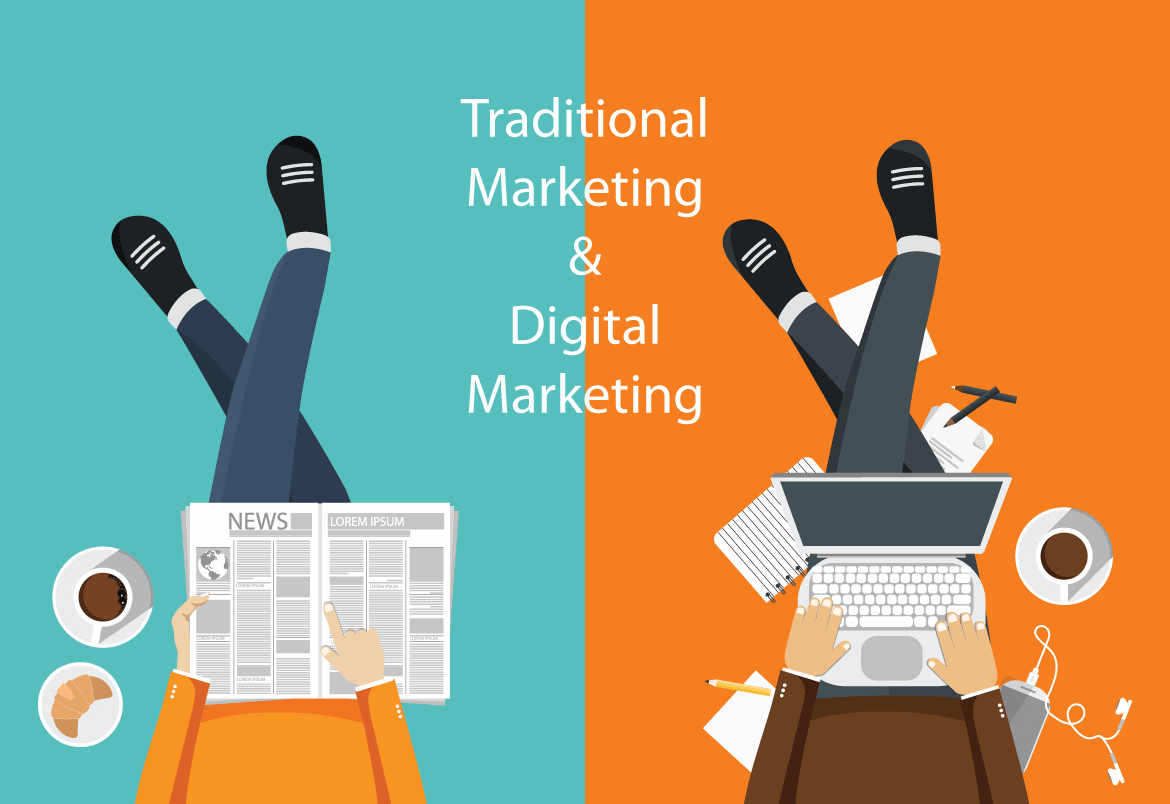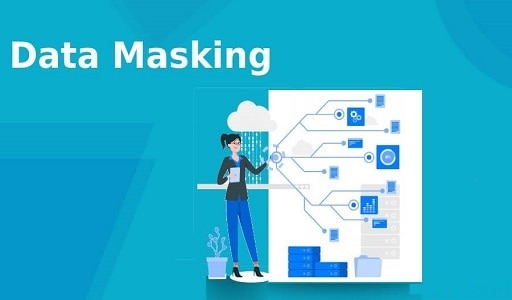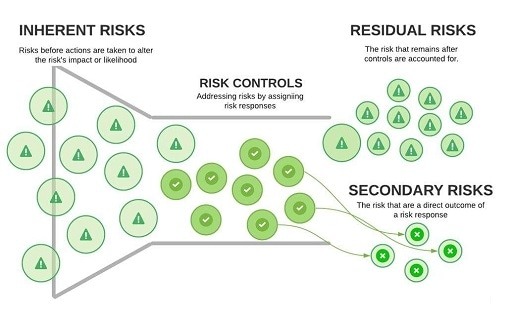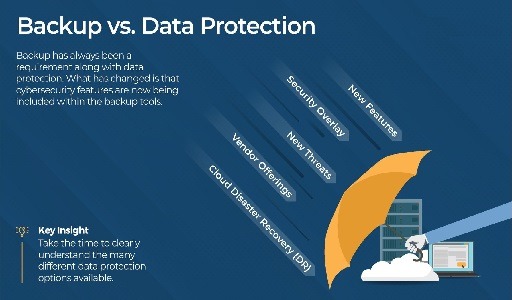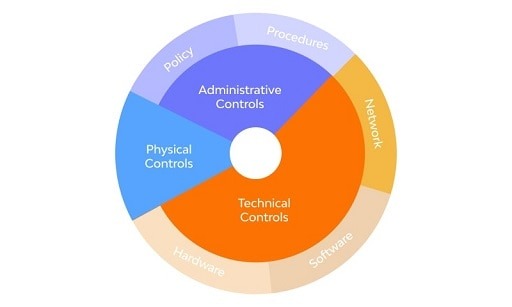One of the main goals of any business is to attract users. You make them curious about the products or services that you offer. UX and UI (user experience and the user interface) have a forefront role in the process.
User experience refers to a larger spectrum of product features that intend to create a good impression for the customers and visitors. It applies to both digital and non-digital applications.
People use the term UI for digital products like websites and mobile apps. The UI designers create interactive elements like buttons and icons that help the user navigate through the product.
UX and UI designs quicken the development process as the developers create mockups and prototypes. There is not much rework involved. They aim to make the application user-friendly and are essential for customer retention. Below we discuss the top UX/UI design trends.
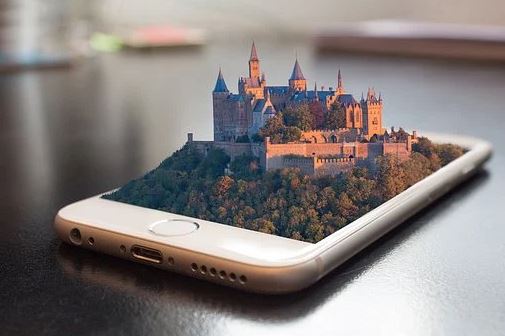
1. Voice-based and touchless interface
There was a time when touchscreens dominated the digital medium. Today, voice-based interactions are essential for increasing the business reach. Companies have voice chatbots and virtual assistants that guide customers and can understand their queries and respond.
One can use VUIs (voice user interface) to send emails, track orders, and maintain a schedule. They work along with GUI like Amazon’s Alexa or Apple’s Siri and also as stand-alone products.
However, there are smart home assistant devices like Google Home or Amazon Echo that are becoming an integral part of our lives. The best part is that voice-based technologies are not confined to the leaders of technology. One can get tailor-made voice bots for business purposes by hiring a UI/UX design company. Another area of interfacing that the industry is researching is air gesture control.
2. AR and VR
Augmented reality and virtual reality, along with AI technology, will be the future of design. Though popular with gaming applications, these advanced technologies are in various fields, such as the tourism and e-commerce sectors. So, now you can visit far-off art galleries, museums, and theme parks using VR goggles.
One can sit at home and try a dress or simulate a new hairstyle look virtually. AR and VR are also of immense use in the teaching field. Students can have a more realistic feel of history and learn medical techniques practically.
They give you immersive experiences where the user gets to interact with the content naturally and intuitively. UI designers have already started making 3D icons. With AR technology, one can show different angles of any real object such that the end product is more appealing to the customers.
3. Dark mode and theme
The dark mode is one of the most utilized features of digital applications. It is available on all major apps like Facebook, WhatsApp, Instagram, Gmail, and Android phones. It is easy on the eyes and enhances the visual content. The dark mode is useful for people with migraines and photophobia.
Dark themes with deep hues provide a high-contrast background for images and motion graphics. These look elegant and also have an emotional appeal. Dark backdrops are suitable for entertainment apps as people use them at night or when they want to have a relaxing time.
One can always give an option to toggle between dark and light modes. As a designer, one has to make a choice depending on the application and target audience. UI UX design company.
4. Personalized design
Don’t we like it when we get a birthday wish from an unexpected source? At times, one might receive a mail regarding future discounts or tailor-made offers. Designers can automatize the look of the app for each user using AI.
Personalizations has become the norm in any e-commerce apps and media platform. Product recommendations, YouTube, and social media feeds are based on your previous interactions, such as search history, liked products, etc.
There are facilities available that study user patterns and adjust the text and graphics accordingly. It requires data collection, analysis, and the creation of suitable algorithms. The process is delicate as the users should not find the personalization intimidating.

5. Realistic interface
Designing digital products that mimic real-world stuff is a concept that is gaining popularity across domains. The users can recognize the functionality, and in many apps, it makes installation and the onboarding process easy.
The use of the recycle bin icon for deletions is the most common example. Pen symbols for writing, digital clocks, calendars, counters, and closed eyes for password protection are a few examples. UI UX design company,
Another aspect that the designer attempts is to give a realistic texture to the screen. It applies to tangible products like cosmetics, furniture, jewelry, etc. They make it appear such that the user would feel like touching the product.
Final thoughts
UX and UI are rapidly evolving fields, and designers need to keep abreast of the latest trends. AR/VR, immersive full-screens, and the personalization concept would hold the future.
Similarly, the voice user interface can engage the visitors well and is bound to become more popular. For providing interface flow info, simple animations are effective. Irrespective of the designs that you choose, it is essential that your website, app, or e-commerce store is quick and gives the right message at the right place.
Would you like to read more about UI UX Design Company-related articles? If so, we invite you to take a look at our other tech topics before you leave!

